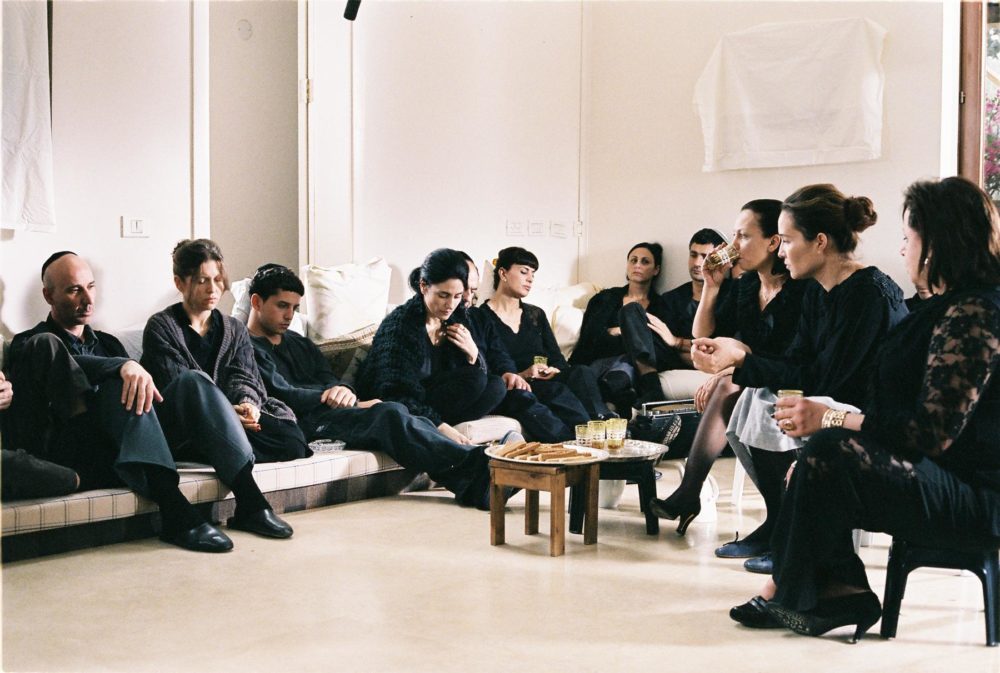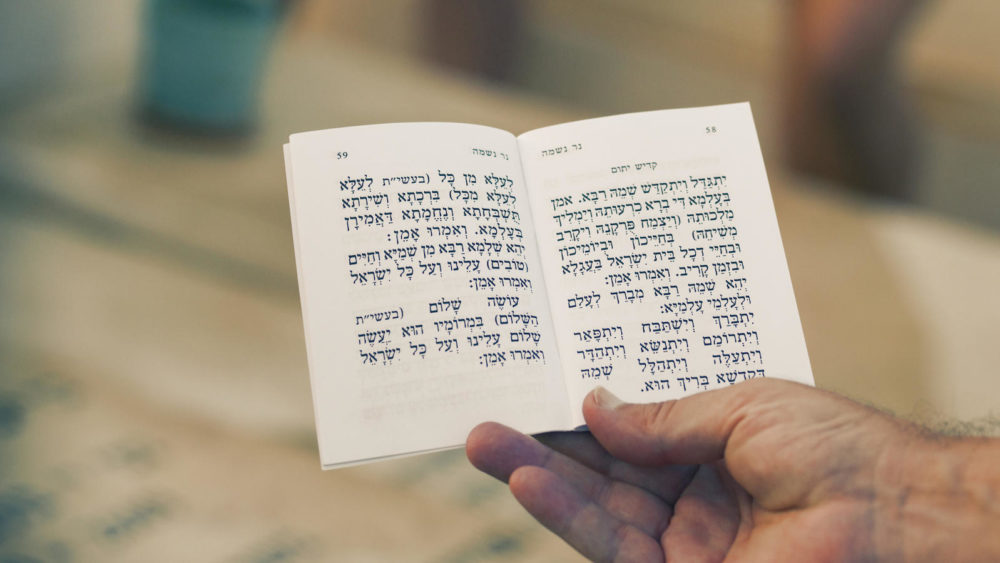
The beautiful thing about Judaism is its hundreds of different unique traditions and holidays that almost all Jews follow. Hebrew people respect their culture and their community like no one else and no other religion in the world. We see traditions for the birth of a new child, the celebration of the development of the child to a man and finally the tradition of mourning and respecting the death of a person.
This open style of sorrow is used to lead the family and all those other mourning to get back to their normal lives as fast as possible. This period of healing last around seven days and is famously known as Shiva. This period of grieving has been made to help all those who are mourning to handle their grief easier instead of having to endure so much pain on themselves. Of course, the mourning does not stop when Shiva ends since there are still various rituals and praying to help those that are still dealing with grief.
History

You probably already have heard about Noah’s story and his Ark. This is where Shiva first originated from. During the famous Flood, the whole planet was wiped clean and survived only those who were on Noah’s ark. The seven days after the Flood was a hard time for everyone, especially the oldest man alive known as Methuselah.
Those seven days was time for Methuselah and everyone else to mourn. This is why Shiva lasts exactly that long.
Does it have to last seven days?
Traditionally a Shiva has to last an entire week, but in modern times a lot of Jews reduce the length of this tradition to just a few days because some people prefer to work and live their life normally while grieving.
There are also some holidays that can end the mourning period abruptly. Passover, Yom Kippur, and Sukkot are some of those holidays that can end Shiva. Another important note is that Shabbat does not end the grief period, but it pauses is, so when Shabbat ends, the people can continue with the tradition.
Shiva Customs

Now that we have explained how this week-long mourning works and its history, we can get more in detail about the customs that Jews follow during this period.
Washing hands
When the family returns home after the burial every person needs to pour water in their hands before they enter the house. The water and the washing of the hands symbolize the separation of death which is viewed as impure in teachings. This is why people like to leave a few paper towels and bottles of water in front of the door before heading out to the cemetery.
Shiva candle

Another very important part of every Shiva is to place a candle on the memorial plaque of the deceased inside of the home of the family members. This is where Shiva will be observed and the candle has to last for a week while burning at least once a day. It symbolizes the soul of the deceased and the presence of God.
If you are looking for such a handle to symbolize the department of the soul of your loved one, check out this website.
Hiding the mirrors
You probably already know just how important spirituality is important in this religion and culture. To show just how spiritual they are, Jews are required to cover all of their mirrors inside of their home to avoid having a concern about their physical appearance. During the grieving week, one does not have to worry about things such as how others will perceive you, whether you look good or whether you act “accordingly” to the society’s standards. It is a time where you a free from all rules.
After a week, the closest family members of the deceased can start going back to work or school which is why they start revealing the mirrors.
Doors are unlocked

It is quite normal that a person who is grieving a very close family member they want to avoid communication with other people. Everyone has their own way of dealing with this kind of pain, right? Well, in Jewish customs, during Shiva, Hebrew people leave their doors open or slightly open, so anyone can enter without having to ring the doorbell or knocking on the door.
You might find this confusing at first, but it is actually very effective. It is a way of forcing the family members close to the deceased to be forced to communicate with others and be hosts to the uninvited hosts. It is rude to tell the guests to leave once they have entered the house.
Sitting on low chairs or boxes
It is a tradition that during Shiva, the family members of the dead have to sit on very low chairs or on boxes which indicates that they are closer to the ground or in other words, to the buried loved ones. The origin of this custom is not entirely clear in the history of Judaism, but its meaning is very clear. There are multiple indications of historical figures practicing this type of seating while mourning. In Job 2:13, Job’s friends come to his home and sit close to him on the ground to help him with his grief. Others like to mention King David who lied on the ground by himself to deal with his grief. Whether it originated from King David or Job, it is important that it helps Jews keep closer to their loved ones.
Should you bring gifts, flowers or food to the Shiva house?

During this custom, it is not traditional to bring any kind of gifts or flowers to the people mourning in the house. It is important that you are present as a family member or as a friend to help them deal with the pain. You will be even more respected if you decide to make multiple visits during the seven day period after the burial.
The only thing you can bring to those mourning is food. Whatever you can make at home is good enough.








